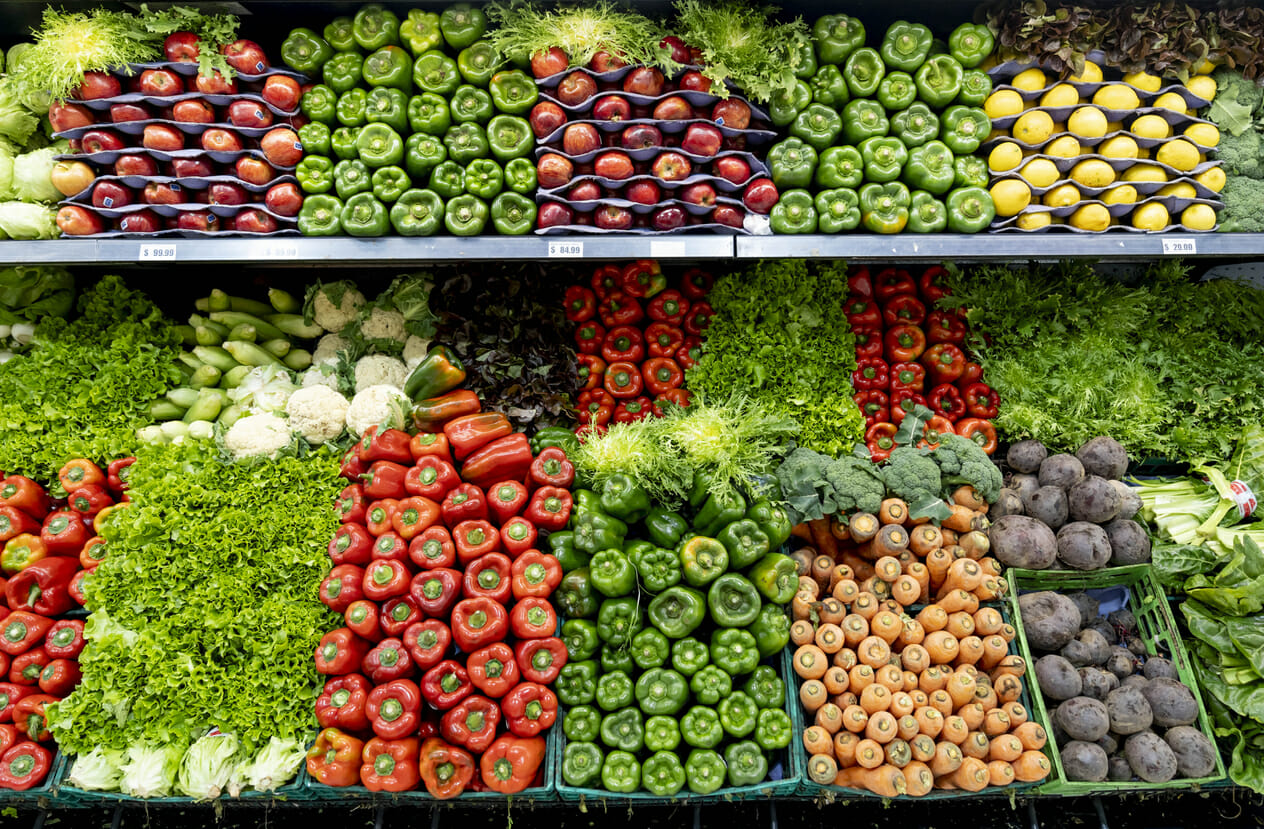Improve Your Vein Health with Food

Weight, sedentary lifestyle, and heredity may lead to varicose veins. But so does your diet. Here’s what to eat to keep your veins healthy.
If you have varicose veins or are at risk of developing them, you’ve likely been told to exercise, lose weight, and wear compression stockings to ease their uncomfortable side effects. Such measures could also prevent their development. But you may not be aware that your diet factors prominently in keeping your veins healthy, as well.
Varicose veins indicate your veins are not functioning properly. Instead of returning blood to the heart from the extremities, valves inside the veins weaken, allowing blood to pool. As pressure from the overflow of blood builds, the vein wall pops out from under the skin in the classic sign of a varicose vein. Foods that help maintain strong, flexible veins and good overall circulation ensure your veins stay in peak condition.
The Foods to Eat (and Avoid) for Better Vein Health
Choosing foods essential for vein health is easy once you know some basic guidelines. When you shop for groceries, keep these rules in mind.
b>Pick Colorful Fruits & Vegetables. Richly hued fruits and vegetables like broccoli, avocados, asparagus, spinach, cherries, papayas, and blackberries contain inflammation-fighting bioflavonoids. These foods provide antioxidant properties, as well. By reducing inflammation and swelling, bioflavonoids strengthen veins and prevent the formation of varicose veins. Fruits and vegetables are packed with fiber, which aids in digestion. Too little fiber in your diet causes constipation that strains the veins in the legs and abdomen.
Think a bit outside the box when picking your produce. Beetroot juice, for one, contains a substance, betacyanin, that protect blood vessels from damage. Ginger is another powerful anti-inflammatory that reduces fibrin in the blood vessels. Too much fibrin hardens the veins and may lead to varicose veins.
Drink Water. Dehydrated veins lead to poor circulation. To keep blood flowing, drink plenty of water throughout the day, and avoid dairy products, sugar-laden sodas, and alcohol.
Throw Away the Salt Shaker. A high sodium diet is bad for many reasons — hypertension, for example — but it’s also damaging to the veins. Salt increases water retention, which, in turn, adds extra pressure on already overworked veins. Packaged foods and overly processed foods like hot dogs, pizza, pickles, and canned items are typically loaded with salt. If you’re unsure of the sodium content, carefully read the label for the amount of salt contained in the item. The American Heart Association recommends a daily sodium intake between 1,500 and 2,300 milligrams, with a goal of reaching the lower end.
Treating Varicose Veins
Although diet plays an important role in our vein fitness, the only current method to completely eliminate varicose veins is through one of several minimally invasive surgical procedures. At the Desert Vein Institute, we offer a wide variety of treatment options. We’ll also create an exercise and meal plan that will keep your veins healthy. Contact our office today for an appointment.




